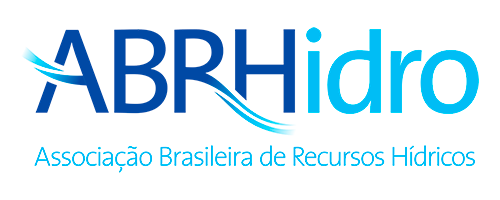ICFM6 - International Conference On Flood Management
Data: 17/09/2014 à 19/09/2014
Local: São Paulo - Brazil
From Flood Risk Management to Quantitative Flood Disaster Resilience: a Paradigm Shift (PAP014995)
Código
PAP014995
Autores
Tema
Flood risk management in mega cities
Resumo
There are practical links between flood risk management, climate change adaptation andsustainable development leading to reduction of flood risk and re-enforcing resilience as a newdevelopment paradigm. There has been a noticeable change in flood management approaches, movingfrom disaster vulnerability to disaster resilience; the latter viewed as a more proactive and positiveexpression of community engagement with flood risk management. As flood hazard is increasing, at thesame time it erodes resilience, therefore climate change has a magnifying effect on the flood risk. In thepast, standard disaster management planning emphasized the documentation of roles, responsibilities andprocedures. Increasingly, these plans consider arrangements for prevention, mitigation, preparedness andrecovery, as well as response. However, over the last ten years substantial progress has been made inestablishing the role of resilience in sustainable development. Multiple case studies around the world reveallinks between attributes of resilience and the capacity of complex systems to absorb disturbance while stillbeing able to maintain a certain level of functioning. Building on emergency planning experience, there is aneed to focus more on action-based resilience planning to strengthen local capacity and capability, withgreater emphasis on community engagement and a better understanding of the diversity, needs, strengthsand vulnerabilities within communities. Floods do not impact everyone in the same way. It is clear that theproblems associated with sustainable human wellbeing in calls for a paradigm shift. Use of resilience as anappropriate matrix for investigation arises from the integral consideration of overlap between: (a) physicalenvironment (built and natural); (b) social dynamics; (c) metabolic flows; and (d) governance networks. Thispaper provides an original systems framework for quantification of resilience. The framework is based onthe definition of resilience as the ability of physical and social systems to absorb disturbance while stillbeing able to continue functioning. The disturbance depends on spatial and temporal perspectives anddirect interaction between impacts of disturbance (social, health, economic, and other) and adaptivecapacity of the system to absorb disturbance.

